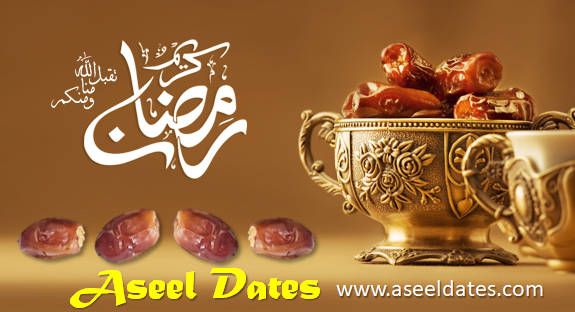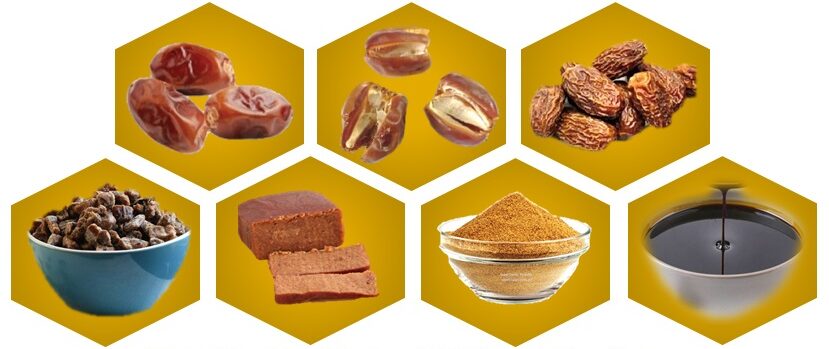
The holy month of Ramadan in Pakistan is a period of heightened demand for fruits and vegetables. As per a domestic Fruits and Vegetables Market trader, Ramadan typically results in a surge in demand for these products, and this year is no exception. Potatoes are in high demand as they are an essential ingredient in traditional dishes like curry, pakora, and samosas. Similarly, onions are highly sought after, but the supply has not been good this season. While garlic consumption also increases during Ramadan, it is not as much as onions and potatoes.
The tradition of breaking the fast with dates (khajoor) is integral to religious practices in Ramadan, and Muslims worldwide prefer to eat dates in iftari before anything else. Besides their religious significance, dates are among the most popular fruits, packed with essential nutrients, vitamins, and minerals required for normal growth, development, and overall well-being.
As demand for various types of dates increases during Ramadan, their prices also escalate based on quality and supply. In the twin cities of Rawalpindi and Islamabad, the types of dates mostly sold include Irani dry dates, Arabian dates, Pakistani Aseel Dates, Karblain, Irani Rabai, Mazafati, Shareefa, and others. People usually purchase Iraqi Basra and Pakistani Aseel due to their taste and affordable price.
Out of these varieties, Begum Jangi of Balochistan, Aseel of Sindh, and Dhakki of Dera Ismail Khan are highly popular due to their exotic taste. According to health experts, dates are rich in natural fibers, several vitamins, minerals, natural products containing oil, calcium, sulfur, iron, potassium, phosphorous, manganese, copper, and magnesium, which are beneficial to health.
Highly nutritious and filling, dates are a staple on every table during Ramadan. They are versatile and can be used to make a variety of scrumptious desserts, appetizers, and sauces. During Ramadan, when fasting lasts from sunrise to sunset, the body can develop mild health problems such as headaches, low blood sugar, and lethargy. Dieticians recommend carefully monitoring eating habits once fasting for the day has ended to avoid such issues. Dates are an excellent source of fiber, sugar, magnesium, potassium, and carbohydrates, which will aid the body in maintaining health. The carbohydrates found in dates also make them a slower-digesting food, much better than fried or fatty foods that digest quickly and leave one feeling hungry.
According to a date-seller in Islamabad, dates are the most sought-after item during Ramadan, more than any other fruit, and fruit-sellers usually offer dates exclusively on their stalls and carts. People use dates in numerous dishes and during Ramadan feasts. Breaking the fast with dates helps to avoid overeating, and when the body absorbs their nutrition, the feeling of hunger subsides.
Thus, the demand for dates in the Pakistani market surges during Ramadan due to their religious significance and high nutritional value. People prefer to break their fasts with dates as they help avoid overeating and are versatile enough to be used in various recipes during the month. The prices of dates also increase during Ramadan due to high demand, and the most popular varieties in Pakistan include Begum Jangi of Balochistan, Aseel of Khairpur Sindh, and Dhakki of Dera Ismail Khan.
